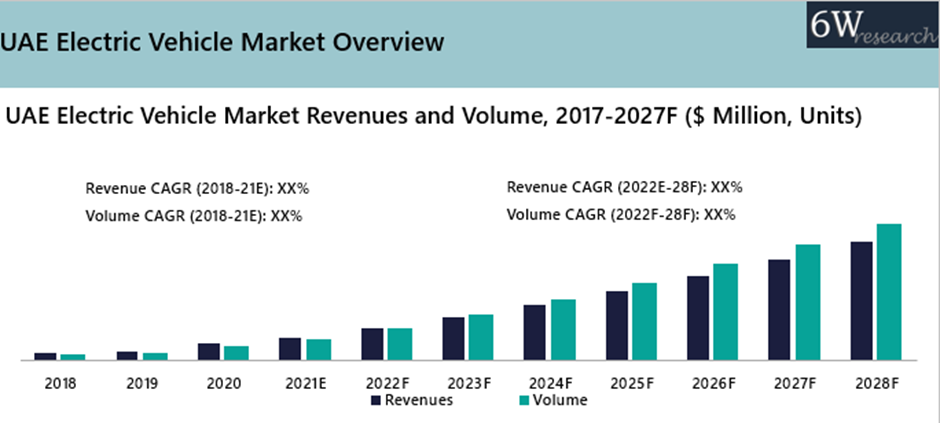The United Arab Emirates (UAE) is expected to witness a significant surge in electric vehicle (EV) adoption, with a PwC report predicting EVs capturing a quarter of all new car and light commercial vehicle sales by 2035. This represents a substantial leap from the current 3% share, highlighting the UAE's potential to become a major player in the global EV market.
PwC's Mobility Outlook report forecasts a steady rise in EV sales, with market share exceeding 15% by 2030. This translates to an estimated 110, 500 EVs sold annually by 2035. The report attributes this growth to several factors, including an expanding variety of EV models becoming available to consumers, alongside continuous investments in charging infrastructure and a potential decrease in the overall cost of EV ownership.
The UAE's position as a "Wave II" country for EV adoption offers a distinct advantage. Unlike "Wave I" markets like China, Europe, and the US that pioneered EV development, the UAE can learn from their experiences and implement best practices, potentially accelerating its own EV transition. This could enable the UAE to reach EV maturity at a much faster pace.
However, the report also identifies a crucial challenge:the need for a robust charging infrastructure to support widespread EV adoption. Currently, the UAE has approximately 2, 000 public charging points, a number that falls significantly short of projected demand. PwC estimates that 45, 000 charging points will be required by 2035 to meet the targets set forth in the UAE's National Electric Vehicles Policy. At the current pace of installation, the report warns that only 10, 000 charging points will be operational by 2035, creating a significant gap that must be addressed.
Bridging this infrastructure gap is essential for alleviating "range anxiety" – a common concern among potential EV buyers who worry about running out of power before reaching a charging station. Addressing this issue will be critical in fostering consumer confidence and encouraging a smooth transition towards a more sustainable transportation sector in the UAE.
The UAE government's commitment to decarbonization efforts is a major driver behind the anticipated rise in EVs. As the country strives to reduce its carbon footprint, EVs are increasingly seen as a viable solution for cleaner transportation. Additionally, initiatives to promote EV adoption, such as subsidies and tax breaks for EV purchases, are likely to further incentivize consumers and accelerate the market shift.
The projected growth of the UAE's EV market presents exciting opportunities for various stakeholders. Automakers can cater to the growing demand by introducing a wider range of EV models, while charging infrastructure companies have a significant role to play in building a comprehensive network of charging points. Additionally, businesses involved in renewable energy production stand to benefit as EVs necessitate a shift towards cleaner sources of electricity.
In conclusion, the UAE's EV market is poised for significant growth in the coming years. While challenges related to charging infrastructure remain, the government's commitment to sustainability and the potential economic benefits associated with EVs create a positive outlook for the future of electric transportation in the region.

